T: 01822 851370 E: [email protected]
Visit RSN Survey about life in rural England to find out more.
August Edition of Casebook from the Rural Health and Care Alliance
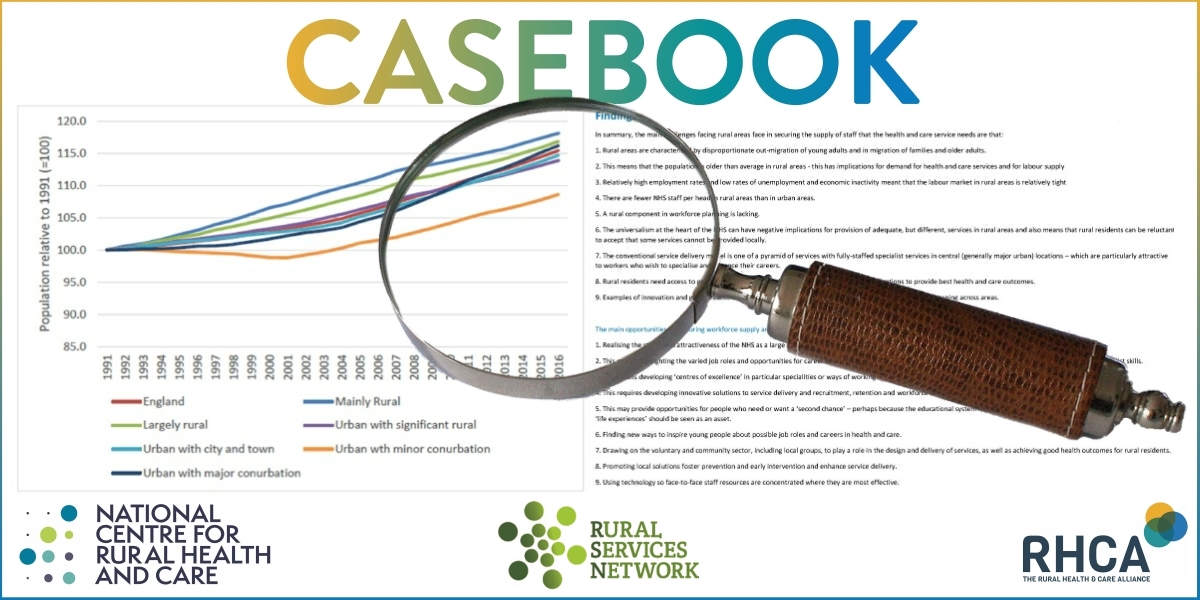
August 2022 Edition
In Casebook this month, summer pressures, time to brace ourselves for the autumn and winter ahead and cameos of some of the challenges night workers, rural dwellers and service provides could face. On the positive side in our National Centre for Rural Health and Care Update there is some good news about rural proofing and the Campus for Future Living. Happy reading!
NEWS COMMENTARY
“NHS in Shropshire declares critical incident over ‘unprecedented pressure’
Health pressures in another signature rural setting…..
The NHS in Shropshire has declared a critical incident over “continued and unprecedented” pressure on its services.
Shropshire, Telford & Wrekin integrated care system (ICS) said it was experiencing significant levels of demand for all health and care services across the county.
The move means that some nonurgent operations that require patients to stay in hospital will be postponed to prioritise those with the most urgent clinical need.
Demand has been pushed up by “relatively high” numbers of patients in hospital and community beds with Covid, as well as large numbers of patients arriving at hospitals for other conditions.
“Additional challenges” have also been caused by the continued heatwave, the ICS said, leading to “significant strain” on the system.
The critical incident affects four NHS trusts within the county. They are: the Shrewsbury and Telford hospital NHS trust, the Robert Jones Agnes Hunt orthopaedic hospital NHS foundation trust, Midlands Partnership NHS foundation trust and Shropshire community health NHS trust.
Patients who are not contacted directly about an operation being postponed have been asked to attend appointments as usual.
Full article: https://www.theguardian.com/society/2022/aug/13/nhs-in-shropshire-declares-critical-incident-over-unprecedented-pressure
What are the impending threats to the NHS this autumn?
Here are a few reasons to enjoy the summer whilst it lasts……
The health secretary, Steve Barclay, has warned the NHS faces serious challenges this autumn. We take a look at the growing pressures on the healthcare system including Covid, Influenza, Cost of living crisis, Workforce shortages and Pay.
Covid
As the UK emerges from one wave of Covid, driven by the BA.4 and BA.5 subvariants of Omicron, experts have predicted at least one more will hit in the autumn and winter.
It is not yet clear which variant, or variants, such a wave will involve, but ensuring those eligible have received their autumn booster will be crucial in order to keep levels of severe illness low.
That may be a challenge. Despite infections soaring during the summer and a spring booster programme on offer, the UK Health Security Agency (UKHSA) noted that, by late June, 17.5% of people aged 75 years and over had not had a vaccine within the past six months, leaving them at higher risk of severe disease.
Influenza
Australia has experienced a particularly bad flu season, with the virus hitting earlier and harder than usual, raising concerns that the northern hemisphere could face a similar surge in infections later this year.
The situation is, in part, down to the very low levels of flu in recent years as a result of lockdowns and other measures, which has meant there has been a waning of immunity in the population, leaving people more vulnerable to flu.
Promoting uptake of flu vaccines this winter to all those eligible will be important to reduce both the number of hospitalisations arising from flu, and wider pressures on the NHS.
Cost of living crisis
As the costs of energy and food rise, experts have warned the NHS could come under extra pressure. One concern is that chilly homes could mean an increase in sickness among those with conditions that are exacerbated by the cold, such as heart disease and chronic lung disease.
An inability to eat adequately can also affect the body’s ability to stay warm, while some experts have even warned there could be a rise in cases of malnutrition, particularly among children.
Workforce shortages
According to the cross-party Commons health and social care select committee, the NHS is facing “the greatest workforce crisis” in its history, with estimates from the Nuffield Trust suggesting that in England alone there could be as many as 50,000 vacancies for nurses and 12,000 for doctors.
Additionally staff shortages in social care have led to problems with discharging patients from hospital – a situation that has contributed to ambulances spending hours queueing outside hospitals waiting for beds for their patients, and crowding in A&E.
While Barclay has placed an emphasis on the need to hire staff from overseas, some have raised concerns that there could be ethical conundrums, warning the approach could deprive developing countries of their own highly trained staff.
Pay
While the government has recently revealed details of a pay rise for NHS staff, the figures involved have been criticised with the British Medical Association noting the offer of a 4.5% award to some doctors this year is far below the rate of inflation, while junior doctors – who have an annual 2% pay rise, agreed before the pandemic – get no further increase.
In addition, senior doctors are locked in a battle over limits on tax-free pension contributions – a situation which has led some consultants to turn down shifts or even retiring early to avoid hefty tax bills.
Full article: https://www.theguardian.com/uk-news/2022/aug/09/what-are-the-impending-threats-to-the-nhs-this-autumn
Night-shift workers on challenges of sleep and health
This story which focuses on health care helps highlight one of the long term challenges facing our sector. It tells us:
Some healthcare workers are stopping night shifts after "constantly fighting" to stay awake and spending days off recovering.
The night workers found they were not eating properly and their sleep patterns were "all over the place" due to their shifts.
A recent study by the University of Warwick found night shifts significantly disrupted sleep quality and circadian rhythms.
BBC News spoke to some about the impact night working had on them.
Jane Pittam, 50, is a paramedic and "didn't know what day it was" on her 12-hour night shifts.
Ms Pittam stopped working nights after 28 years because she "was really struggling".
"It's hard on your body to do nights for so long. It gets harder as you get older," she said.
"The job threshold has tripled and nights are now as busy as days - it's absolutely full on for 12 hours."
Ms Pittam's sleep schedule was "completely all over the place", making her feel awful.
"You were surviving on coffee and your crew mates to keep you awake, almost like you're a zombie," she said.
"I'm glad I'm not doing [night shifts] anymore. I feel so much better now."
Full article: https://www.bbc.co.uk/news/uk-england-coventry-warwickshire-62291442
Nursery closures: Parents left without childcare as providers shut
We know in rural settings there are already significant shortages of nursery places. We also know that early years provision plays a major role in social mobility and health and care so this story, which has deep roots but also presages more problems in the troubled up coming winter is a worrying indicator of things to come….
Parents are being left without childcare as nurseries shut at short notice due to financial pressures and staff shortages.
The Pregnant Then Screwed campaign group said it had been "inundated" with messages from parents whose local nursery had closed suddenly.
Nurseries are facing increased energy, food and staffing costs, as well as struggling to recruit.
The government said it was increasing funding paid to childcare providers.
But the Early Years Alliance, which represents around 14,000 providers and also has its own nurseries, said the sector was facing its worst crisis in recruitment and cost increases in 20 years.
Full article: https://www.bbc.co.uk/news/business-62496728
‘The house was freezing’: life during blackouts of 1970s Britain”
There are some nostalgically interesting tales here but there are also worrying parallels with what we face this upcoming winter. This story tells us:
With winter power cuts a possibility amid energy crisis, some Britons remember them as ‘very ordinary’
When Judy Young first saw the government’s response to concerns over power supplies could be potential blackouts this winter, her first thought was: “Thank God I haven’t got young children any more.”
On Tuesday, it was reported that under the government’s latest “reasonable worst case scenario” plan, Britain could experience several days of blackouts in January if the country is short of power.
Young, a retired headteacher and now portrait painter who lives in Herefordshire, said the blackouts of the 1970s were particularly challenging with her two very young children.
“It was difficult being in a blackout with young children who you can never take your eyes off even for a second, especially not if you’ve got candles all over the place,” she says.
“The house was freezing and it was dangerous with such small children to have any kind of oil heater which they could burn their fingers on.”
She says that during the electricity blackouts, the family had to quickly adjust to the fact that they might be left without power for hours, and so make the most of the time in which the electricity was on, including cooking when they were able to.
But despite the difficulties, she remembers the amusement the children felt at the time.
“I can still in my mind picture their small faces, smiling with excitement at the thought of having their meals as picnics in the sitting room, and having their baths in a tin bath in front of the fire,” Young says. “They loved it. After the power cut, they used to beg for it to happen again. They didn’t remember being so cold and miserable.”
Chris Lilly, a 69-year-old retired teacher, remembers experiencing a power cut while watching Live Like Pigs by John Arden at the Royal Court theatre as a drama student in 1973.
“At the beginning of the play, they told us that they were expecting a power cut, and they were happy to go ahead if we were too,” Lilly says. “Then they gave half a dozen of us on the front row torches, and the play progressed.
“Everything was going swimmingly, and then the lights cut out, and that’s when we had to turn on our torches,” Lilly recalls. “It was kind of like blitz spirit.”
Full article: https://www.theguardian.com/business/2022/aug/14/house-freezing-life-blackouts-1970s-britain
MEMBER ARTICLES
We’d love to hear from you - share what you’re proud of
We have a great article from HEE this month, see below. If you have something, you would like us to feature in a future edition, please let us know by clicking here to send us an email.

Rural and Coastal Areas Facing Serious Health Challenges
Patrick Mitchell, Director of Innovation, Digital and Transformation, Health Education England
A combination of worsening health, ageing populations, social deprivation, and workforce staffing issues are leaving health and care services in rural and coastal areas facing serious challenges.
Services are having to meet the needs of populations with deteriorating health and a range of significant physical and mental health conditions, whilst also trying to address staffing shortages in key disciplines.
That’s why at Health Education England (HEE), we have unveiled plans for a new evidence-based pilot programme aiming to help tackle health inequalities working with the five geographies that have the most challenged social determinants of health and the lowest staffing levels per head of population. These are Lincolnshire; Kings Lynn; Great Yarmouth; Northeast Essex/West Suffolk and East Kent.
These plans, based on global evidence, set out an ambition to help reduce ill health and inequalities through education, training and use of digital technology.
These are being designed on a mix of existing proven interventions but be anchored around some key initiatives that internationally have been proven to be effective in sustaining a local community’s recruitment and retention of health professionals.
HEE’s regional teams will work in collaboration with the ICS pilot areas, supported by HEE’s national teams to establish a targeted and sustained programme of education and training.
HEE will work closely with ICS colleagues to utilise existing HEE activity such as the Medical Education Reform Programme and tailor them to the needs of the population. A key element of this will be working with local teams who have knowledge of the context and specific issues of those areas to fully understand the health and workforce issues. This will enable us to focus our work on ensuring trainees develop a broad range of skills needed for rural and coastal practice.
It is also vital to develop residents’ digital skills and confidence to enable them to access help and information in a variety of ways and make the most of technology available in the NHS. Several ICS’s have already trialled innovative projects including training local residents to use online services and appointing digital ambassadors in the workforce and the community to promote the importance of digital skills.
Meanwhile, HEE is developing solutions to secure the workforce by learning from global research, particularly the importance of a rural upbringings; positive undergraduate clinical and educational experiences in rural settings; and targeted training for rural practice at postgraduate level.
Health inequalities in rural and coastal areas are not going to improve unless we find achievable ways to work together to target our resources at locations facing the biggest challenge. Therefore HEE ‘s plans focus on three key pieces of work:
Widening participation and access to medical schools, with ambition to increase applications from rural communities.
Introduce innovative rural and coastal healthcare apprenticeship programmes.
Instigate initiatives focussed on increasing digital and health literacy, including the ability to access, assess and use health information amongst members of the public.
NATIONAL CENTRE UPDATE
Not so much to report in August as it is the height of the holiday season. However,
Annual Accounts
We end our financial year in relatively good financial shape with a full portfolio of work and a positive carry forward in terms of budget provision.
Rural Proofing Toolkit
We are close to finalising the date for the launch (October) of the Northern Ireland version of the Rural Proofing Toolkit.
Campus for Future Living
Funding for the Campus for Future Living has been signed off by Government and we stand ready to play our part in its development. This is a major new coastal/rural initiative focused on primary care and clinical trials.
You can read more about this major initiative in Mablethorpe on the Lincolnshire coast here
New Board Members
We are looking to refresh our Board slightly with individuals who have a national interest and track record in rural health and care. Please let us know if you would like to know more, by clicking here to send us an email.
Call for Good Practice
We are to issue a call for examples of good practice in relation to imaginative and joined up provision in the field of rural primary care in September – watch this space.
Spread the word
If you know of other organisations that you think would benefit from joining the Rural Health & Care Alliance, please click here to email us and let us know.
RURAL SERVICES NETWORK
Up to date news on Health and Care
The Rural Services Network provides a useful source of themed news content and data. Check out the latest news on Health & Wellbeing and Vulnerability, where you’ll find articles on a diverse range of rural issues affecting rural communities. You might also find this research on Over 65 Population Projections useful too.
Latest from RSN Member Insights
RSN Member Insights is the place to discover the statistics that define communities within our membership. It is regularly updated with new analyses, and these will be highlighted in the 'What's New' section of the RSN's Weekly Rural Bulletin. The Rural Bulletin also provides a selection of the most rurally topical news items, so do subscribe and encourage your colleagues to subscribe to what is an invaluable weekly periodical.
To make a suggestion of data that would benefit you by being included in the Member Insights section, please email Dan Worth, our Research and Performance Analyst, at [email protected].
| The Rural Health & Care Alliance is a membership organisation administered by the Rural Services Network on behalf of the National Centre for Rural Health & Care. Explore the RHCA service below: |
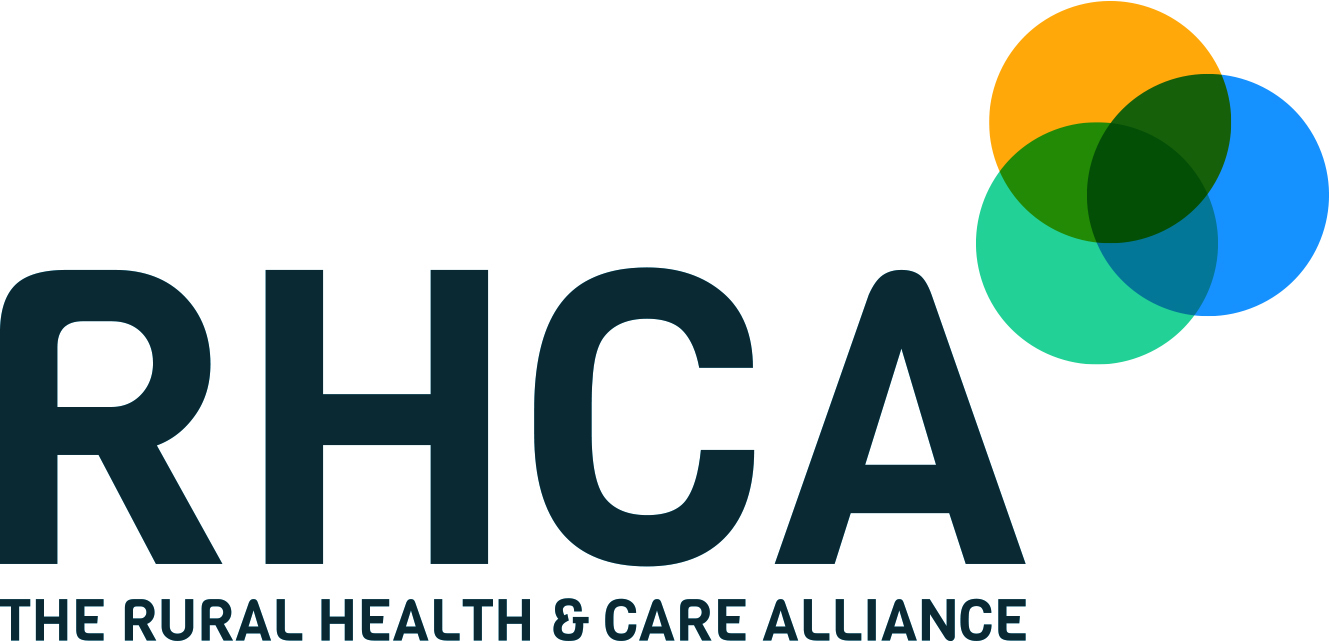 |
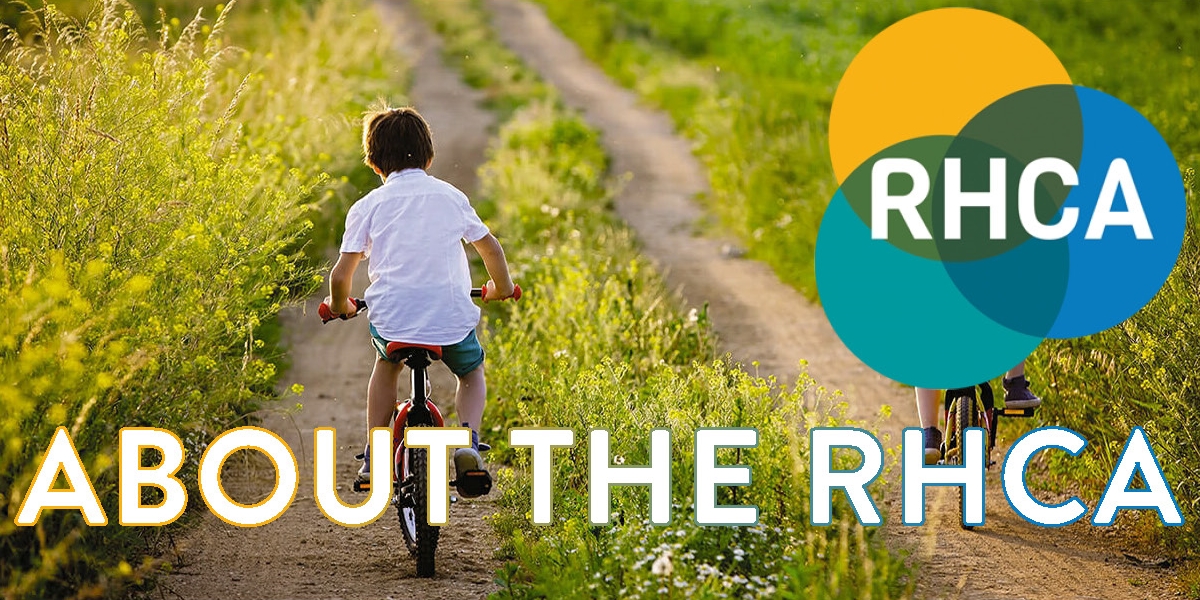 |
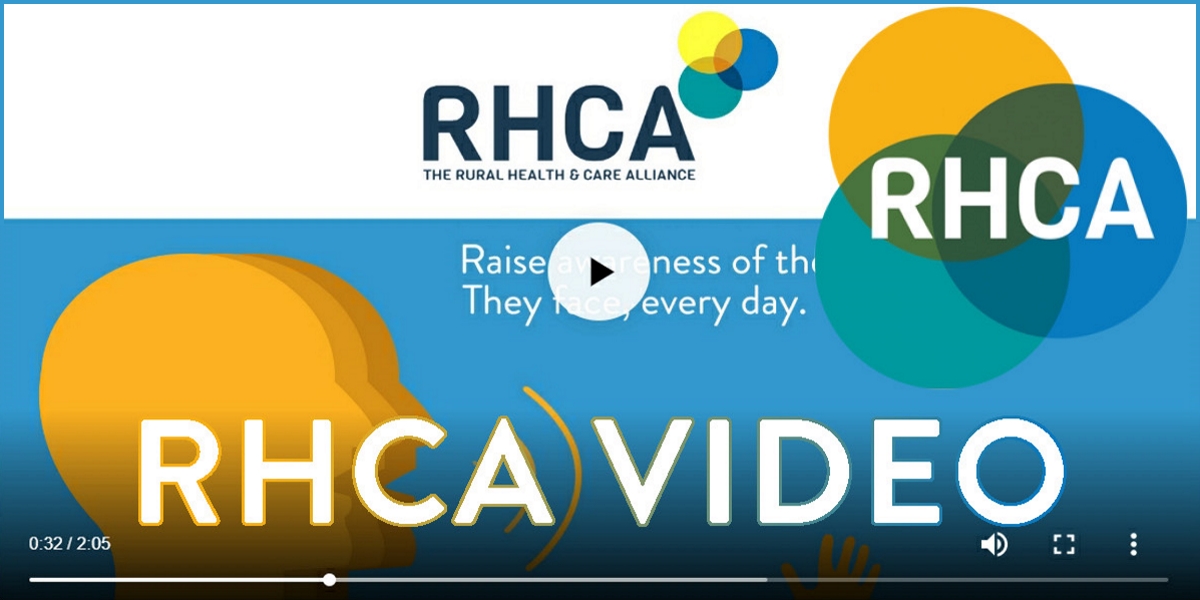 |
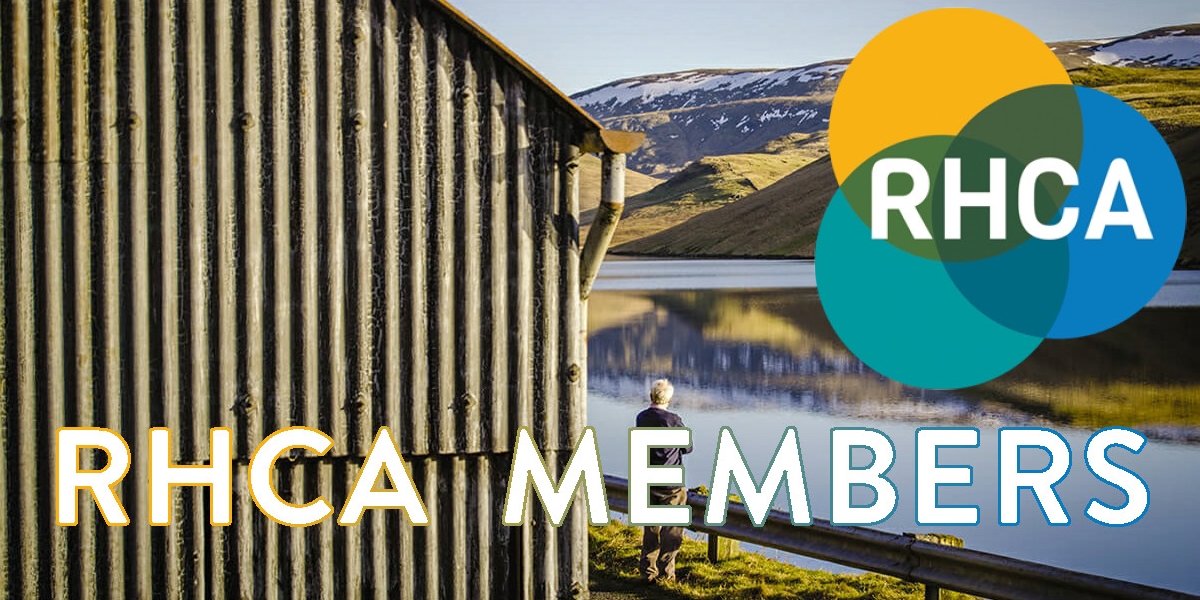 |
 |
 |
 |
 |
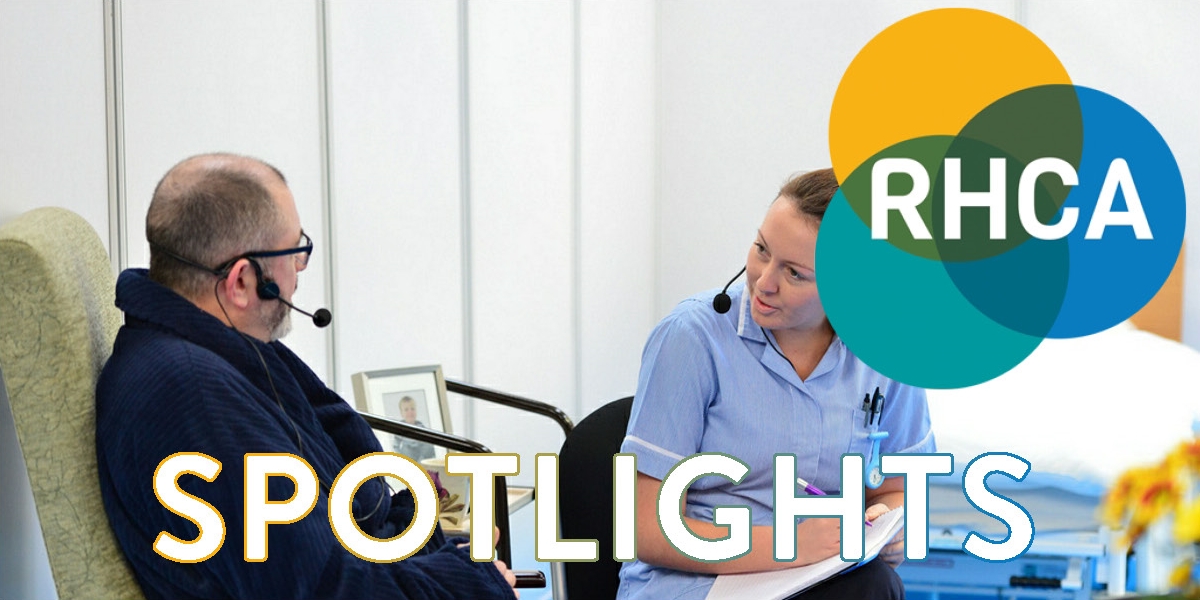 |
 |




